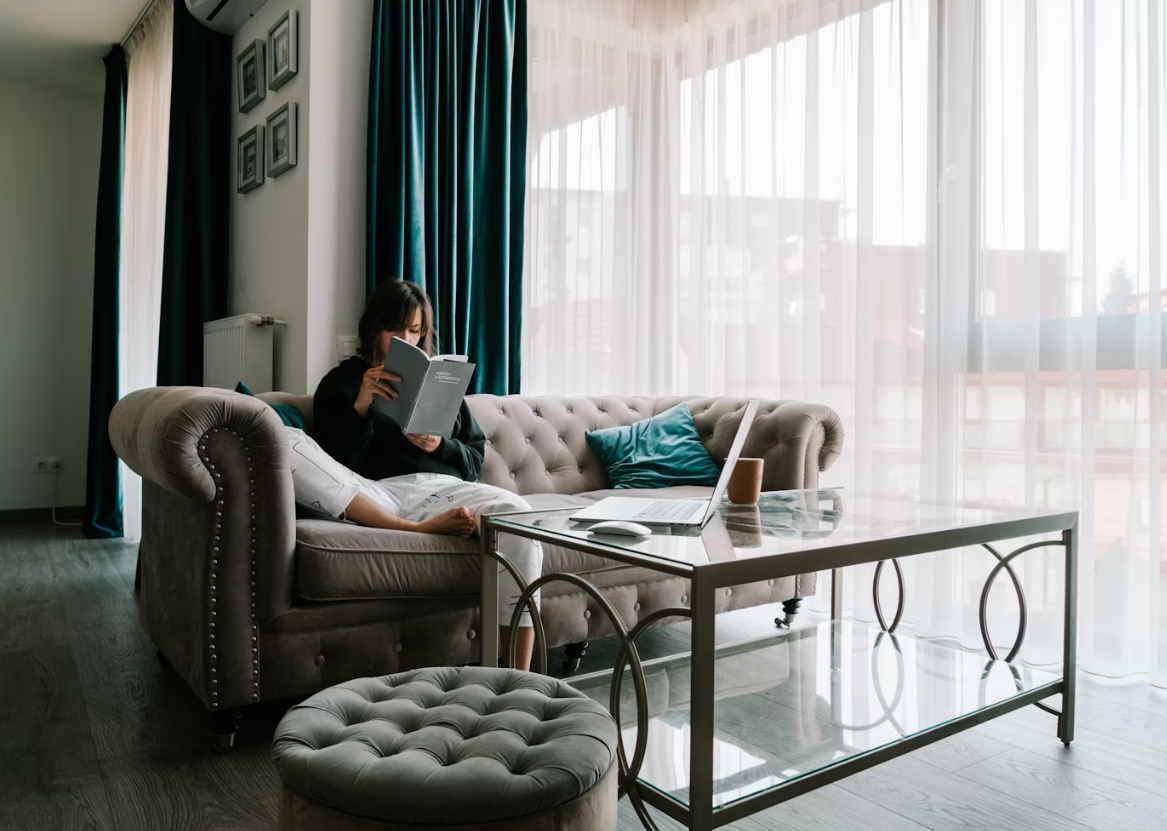In an era where the hustle culture dominates the ethos of business leaders, the concept of leisure might seem like a luxury or even a deviation from the path to success. However, emerging research and the practices of successful entrepreneurs tell a different story—one where leisure is not only a reprieve but a strategic tool for enhancing productivity.
This article explores the counterintuitive yet critical role that leisure time plays in boosting working efficiency, with a focus on how activities such as physical exercise, gaming, and reading, contribute to a balanced and effective professional life.
The Importance of Leisure Time for Productivity
The relentless pursuit of success often leads to a skewed work-rest balance, where rest is undervalued and overlooked. Yet, the necessity for a balance of exertion and relaxation is rooted deeply in our physiological and psychological makeup. Leisure activities serve as a vital counterbalance to work, replenishing the mental and emotional energy expended in professional endeavours.
Scientific Perspective:
A wealth of studies underscores the significance of leisure for mental health, demonstrating how it enhances creativity, problem-solving abilities, and overall brain function. Leisure activities provide a mental break, allowing subconscious thoughts to percolate and foster innovative ideas.
Real-life Examples:
Icons of industry, from Bill Gates to Oprah Winfrey, embrace the virtues of taking regular breaks. Gates is known for his “think weeks,” secluded periods dedicated to reading and reflection away from the hustle of business operations, proving that strategic leisure can indeed coexist with monumental success.
Leisure Activities: A Gateway to Enhanced Productivity
Leisure is not merely the absence of work but an active engagement in activities that rejuvenate and inspire. For business leaders, integrating leisure into their routine is not a detour but a route to a more fulfilled and productive life.
Gaming/Gambling
Incorporating leisurely gaming and gambling offers unique benefits. These activities engage the mind in strategic thinking and risk assessment within a recreational context. Still a growing leisure genre, online gambling is not yet allowed in all areas. Therefore, many professionals opt to frequent offshore online casinos in order to engage in casual wagers, relax, and connect with other gamers.
Gaming is a way to practice decision-making skills and manage risks without the high stakes of the business world. Moreover, the entertainment value of gaming and gambling provides significant stress relief, helping to clear the mind and prevent burnout. It’s essential, however, to approach these activities with moderation and awareness of their potential risks.
Physical Exercise
Physical activity stands out as a cornerstone of effective leisure, with its benefits extending far beyond physical health. Engaging in regular exercise, be it a morning jog, yoga, or competitive sports, is known to enhance cognitive functions, including memory, attention, and problem-solving skills. Furthermore, the discipline and resilience cultivated through consistent physical activity mirror the qualities of effective leadership, offering a dual advantage of personal health and professional competence.
Reading and Creative Hobbies
According to a study done at the University of Sussex, reading can limit stress by around 68% and it’s known to work quicker than other methods used for relaxation, like listening to calming tunes or drinking a warm beverage. Delving into books or creative pursuits like painting, writing, or playing a musical instrument offers a profound mental workout, stimulating imagination and critical thinking. These activities not only provide a sanctuary from the stresses of work but also enrich the mind, fostering a culture of innovation and strategic thought. The enrichment gained from these hobbies translates into a broader, more nuanced approach to business challenges, illustrating the symbiotic relationship between leisure and leadership.
Travel and Exploration
Traveling, whether for leisure or work, exposes business leaders to new cultures, ideas, and ways of thinking, fostering adaptability and open-mindedness—traits indispensable in the global market. Moreover, the relationships and networks built through travel can become invaluable resources, offering insights and opportunities that transcend geographical and cultural boundaries.
The integration of leisure activities into the life of a business leader is not a mere indulgence but a strategic component of sustained productivity and success. From physical exercise and creative hobbies to travel and gaming/gambling, each form of leisure offers unique benefits that contribute to a well-rounded, effective leader. By re-evaluating and embracing leisure, business professionals not only enhance their productivity but also enrich their personal lives, proving that success and well-being are not mutually exclusive but mutually reinforcing. This holistic approach to work and life is not just desirable but essential in the relentless pursuit of excellence in the business realm.
